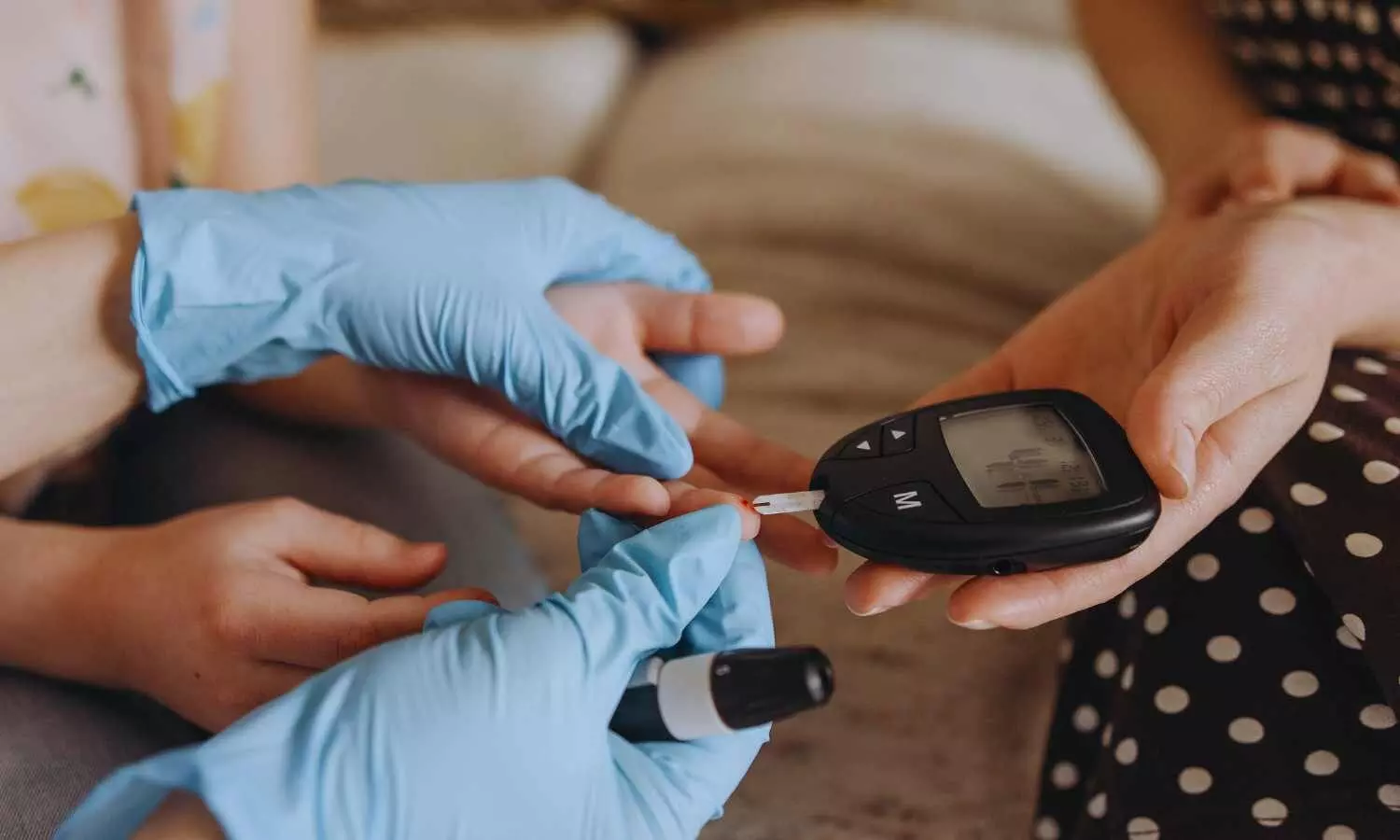EASD Issues First-Ever Global Clinical Practice Guideline on Diabetes Distress
- byDoctor News Daily Team
- 18 September, 2025
- 0 Comments
- 0 Mins

The guideline was developed in line with internationally recognised standards, including the GRADE methodology and the RIGHT reporting statement, and reflects the EASD’s newly established Standard Operating Procedures for guideline development. Importantly, people with lived experience oftype 1 diabetesandtype 2 diabeteswere active members of the Guideline Development Panel from the outset. Their contributions helped shape the clinical questions, interpretation of evidence, and formulation of recommendations, ensuring that the final guideline is firmly grounded in the real-world needs and priorities of adults with diabetes. Professor Apostolos Tsapas, Aristotle University of Thessaloniki in Greece and Chair of the EASD Guidelines Oversight Committee, said: “The publication of this first EASD guideline is a landmark moment for our Association and for the international diabetes community. Assessing and managing diabetes distress is as vital as assessing and managing glucose levels – and it is this recognition that makes the present guideline so important for both clinical practice and future research to improve the lives of people with diabetes.” Recognising the emotional burden of diabetes as a critical component of care, the guideline provides Good Practice Statements for routine assessment of diabetes distress and evidence-based recommendations for its management. The launch of this guideline marks a turning point in recognising and addressing the emotional challenges of living with diabetes. Although major advances in treatment and technology have transformed care, many people continue to experience significant emotional and psychological burden in managing the relentless demands of the condition. Professor Richard Holt, University of Southampton & University Hospital Southampton NHS Foundation Trust in the United Kingdom and Co-Chair of the Guideline Development Panel, said: “We are proud that the EASD has chosen diabetes distress for its first-ever evidence-based clinical guideline. This decision affirms the importance of emotional health alongside physical health for people with diabetes.” Professor Jane Speight, The Australian Centre for Behavioural Research in Diabetes, Diabetes Victoria and Deakin University in Australia and Co-Chair of the Guideline Development Panel, said: “We hope that this guideline will empower healthcare professionals to routinely assess and address the emotional burden of living with diabetes, ultimately improving outcomes for adults with type 1 and type 2 diabetes across Europe and beyond.” Professor Chantal Mathieu, Katholieke Universiteit Leuven in Belgium and President of the European Association for the Study of Diabetes, added: “Despite huge advances in therapies and technologies, the emotional burden of diabetes has not diminished – and for many, it has increased. This guideline recognises that reality, reminding us that good diabetes care must address both glucose levels and the lived experience of managing the condition. I am immensely proud to present this first EASD clinical guideline, which reflects the best available evidence and the hard work of many colleagues. It is a milestone in ensuring that emotional well-being becomes a core part of diabetes care.” Successful implementation of the guideline will require training, system-level support, and integration into routine care. The EASD plans to support dissemination through peer-reviewed publication, open-access availability, and plain-language summaries designed for accessibility by people living with diabetes and the wider public. The publication of this first guideline not only addresses an urgent and unmet need in diabetes care but also establishes a framework for future EASD guidelines. The Association is committed to publishing further clinical guidelines, thereby continuing to strengthen the evidence base for person-centred diabetes care. EASD launches its first ever clinical practice guideline – the world’s first to focus on diabetes distress, European Association for the Study of Diabetes, Meeting: Annual Meeting of the European Association for the Study of Diabetes (EASD).
Disclaimer: This website is designed for healthcare professionals and serves solely for informational purposes.
The content provided should not be interpreted as medical advice, diagnosis, treatment recommendations, prescriptions, or endorsements of specific medical practices. It is not a replacement for professional medical consultation or the expertise of a licensed healthcare provider.
Given the ever-evolving nature of medical science, we strive to keep our information accurate and up to date. However, we do not guarantee the completeness or accuracy of the content.
If you come across any inconsistencies, please reach out to us at
admin@doctornewsdaily.com.
We do not support or endorse medical opinions, treatments, or recommendations that contradict the advice of qualified healthcare professionals.
By using this website, you agree to our
Terms of Use,
Privacy Policy, and
Advertisement Policy.
For further details, please review our
Full Disclaimer.
Recent News
Gum disease could silently cause serious brain dam...
- 03 November, 2025
Can Early-Day Fasting Significantly Boost Metaboli...
- 03 November, 2025
Delhi HC bars doctor from running medical centre d...
- 03 November, 2025
Daily Newsletter
Get all the top stories from Blogs to keep track.


0 Comments
Post a comment
No comments yet. Be the first to comment!